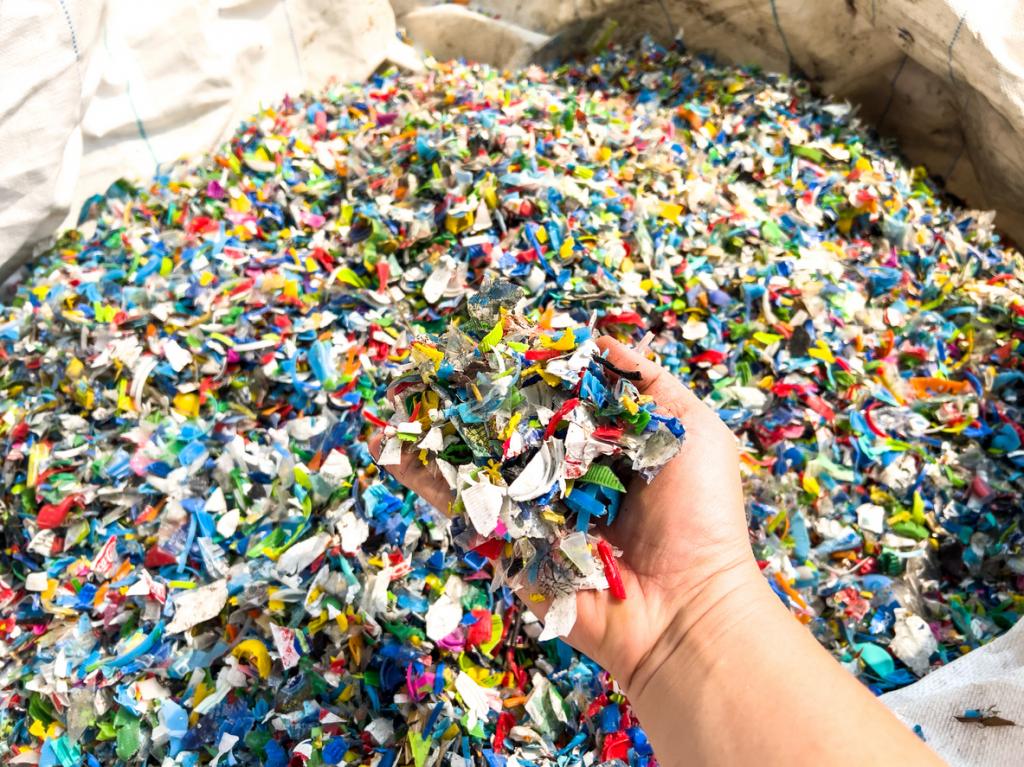Recycling plastic materials is an essential part of environmental preservation and waste administration. It cuts down on the amount of plastic-type spend that eventually ends up in trash dumps and oceans and conserves natural sources by using re-cycled components to generate new releases. Here’s everything you need to understand about plastics recycling, which include its value, the kinds of recyclable plastics, along with the procedure engaged.
Incredible importance of Trying to recycle Plastic materials:
Recycling plastic materials has numerous environmental advantages. First and foremost, it will help lessen the level of plastic waste that pollutes the environment. Plastic materials can take countless several years to decompose, along with their build up may damage wildlife and ecosystems. Trying to recycle plastic materials also conserves all-natural solutions for example gas, which is used in the creation of new plastics. In addition, recycling decreases energy ingestion and garden greenhouse fuel emissions, as making merchandise from reused supplies needs much less vitality than making use of unprocessed components.
Forms of Recyclable Plastics:
Plastic materials are sorted into seven various sorts based upon their substance structure. Not every kinds are equally recyclable, however, many might be processed and repurposed. Listed below are the principle forms of recyclable plastics:
Family pet (Polyethylene Terephthalate): Frequently used in h2o containers and foods wrapping, PET is amongst the most generally recycled plastics.
HDPE (Substantial-Denseness Polyethylene): Utilized in dairy jugs, soap bottles, and grocery store bags, HDPE is also highly recyclable.
PVC (Polyvinyl Chloride): Typically utilized in water lines and design materials, Pvc material may be reused but may require particular handling due to the chemical attributes.
LDPE (Lower-Solidity Polyethylene): Located in plastic-type bags and movie, LDPE may be recycled in many facilities.
PP (Polypropylene): Found in food storage units and package hats, PP is recyclable in lots of areas.
PS (Polystyrene): Often called Styrofoam, PS can be tough to recycle and may demand specialised facilities.
Other plastic materials: This category contains numerous plastic materials including polycarbonate and it is typically more challenging to reuse.
Recycling Process:
The recycling approach for plastics generally entails a number of actions:
Assortment: Plastics are obtained from homeowners, enterprises, and recycling locations.
Sorting: The obtained plastics are sorted by type, as diverse plastics demand various trying to recycle operations.
Cleaning: Plastics are thoroughly washed to get rid of any contaminants for example labels, food residue, or some other debris.
Shredding: Cleansed plastics are shredded into small items to aid finalizing.
Melting and Extruding: The shredded plastic materials are dissolved down and created into pellets or flakes, which may be used to generate new plastic material goods.
Producing: The re-cycled plastic-type pellets or flakes are employed to manufacture new services such as bottles, containers, and packaging components.
By trying to recycle plastic materials, we are able to minimize toxins, save solutions, and reduce our environment effect. As individuals, we can easily give rise to this work by properly working and recycling our plastic-type material waste.
